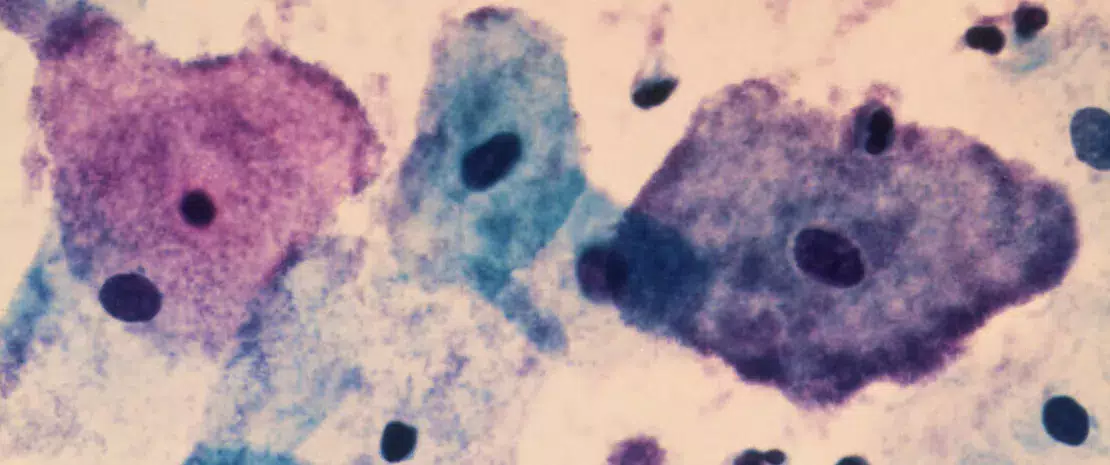Bacterial vesicles: the FedEx of vaginal bacteria
A study explains how certain vaginal bacteria can alter the cervicovaginal environment and have a negative impact on reproduction. How they do it: protein transport vesicles.
Lay public section
Find here your dedicated section
Sources
This article is based on scientific information

About this article
One of the features of the vaginal microbiota is that it is balanced when it is largely dominated by Lactobacillus crispatus. On the other hand, colonization by anaerobic bacteria such as Gardnerella vaginalis and Mobiluncus mulieris is associated with an increased risk of STIs, bacterial vaginosis and preterm birth. However, the mechanisms involved remain unclear, although the literature suggests that the production of extracellular vesicles by certain bacteria is involved. Could this mechanism be at work in the reproductive system? This is the hypothesis 1 put forward and validated by the team led by Dr. Michal A. Elovitz of the Icahn School of Medicine at Mount Sinai 2 in New York, who studied, in vitro, the extracellular vesicles produced by the beneficial L. crispatus and the detrimental G. vaginalis and M. mulieris.
Vesicles rich in proteins of interest
After using electron microscopy to observe the actual presence of vesicles ranging from 90 to 420 nm in diameter in cell culture media, the team analyzed their contents. The vesicles produced by G. vaginalis, M. mulieris and L. crispatus contained 491, 336 and 247 bacterial proteins, respectively. Several of these were of functional interest: the G. vaginalis cargo was rich in vaginolysin, a toxin capable of inducing cell lysis (breakdown of the cell wall) in cervicovaginal epithelial cells and common in bacterial vaginosis; that of M. mulieris contained proteins capable of stimulating an immune response, while several proteins in L. crispatus vesicles protect the epithelial barrier.
What's more, these bacterial vesicles rapidly internalized (1-4 hours) into cervical and vaginal epithelial cells. All that remained was to determine their effects.
An immune response with overproduction of cytokines
Exposure of cervical and vaginal epithelial cells to the contents of G. vaginalis and M. mulieris bacterial vesicles induced a dose-dependent immune response. The response of endocervical cells was more pronounced than that of ectocervical cells. In contrast, L. crispatus did not induce any significant cytokine overexpression.
Thus, cervical and vaginal epithelial cells respond with overproduction of cytokines when exposed to G. vaginalis and M. mulieris vesicles, but not to L. crispatus. This immune response is mediated by signaling pathways activated by the (sidenote: TLR2 receptor Toll-like receptor (molecular pattern recognition) located in the cell membrane, encoded by the TLR2 gene and involved in the recognition of various pathogens, including bacteria, viruses, fungi and parasites. Source: Oliveira-Nascimento L, Massari P, Wetzler LM. The Role of TLR2 in Infection and Immunity. Front Immunol. 2012 Apr 18;3:79. ) .
Bacteria thus have an effect, whether detrimental or beneficial, on reproductive health via bacterial extracellular vesicles: these act as couriers, providing protection for bacterial proteins during transport, then delivering them to epithelial cells and ultimately inducing a host immune response.











